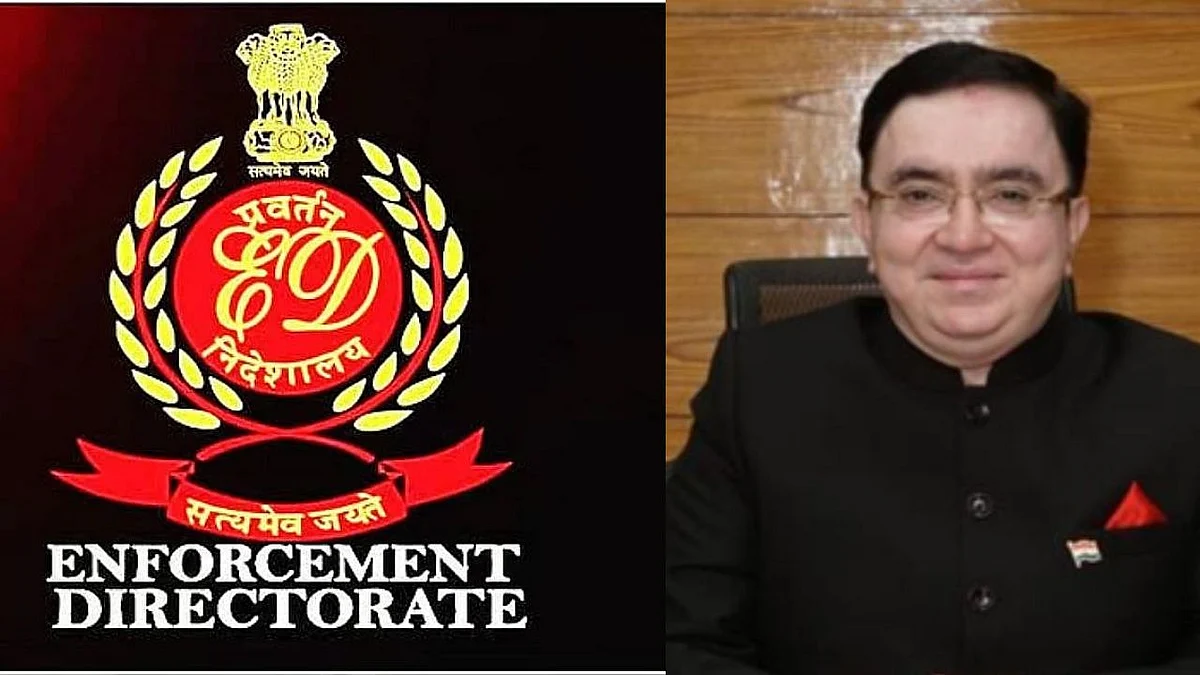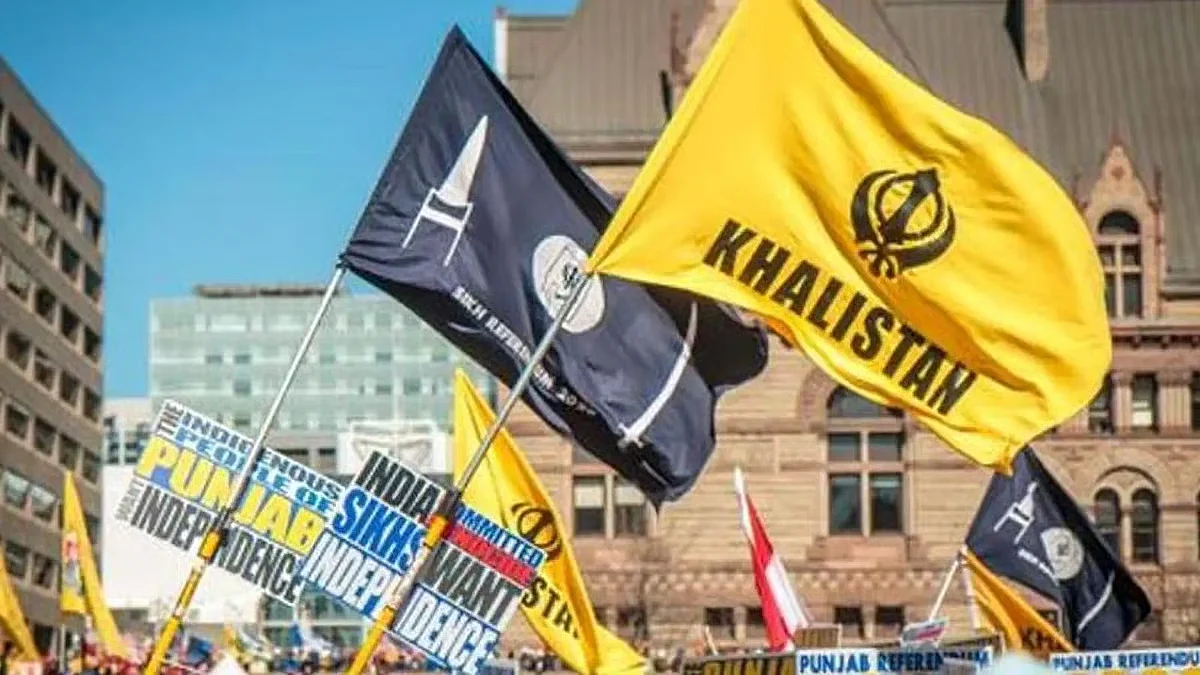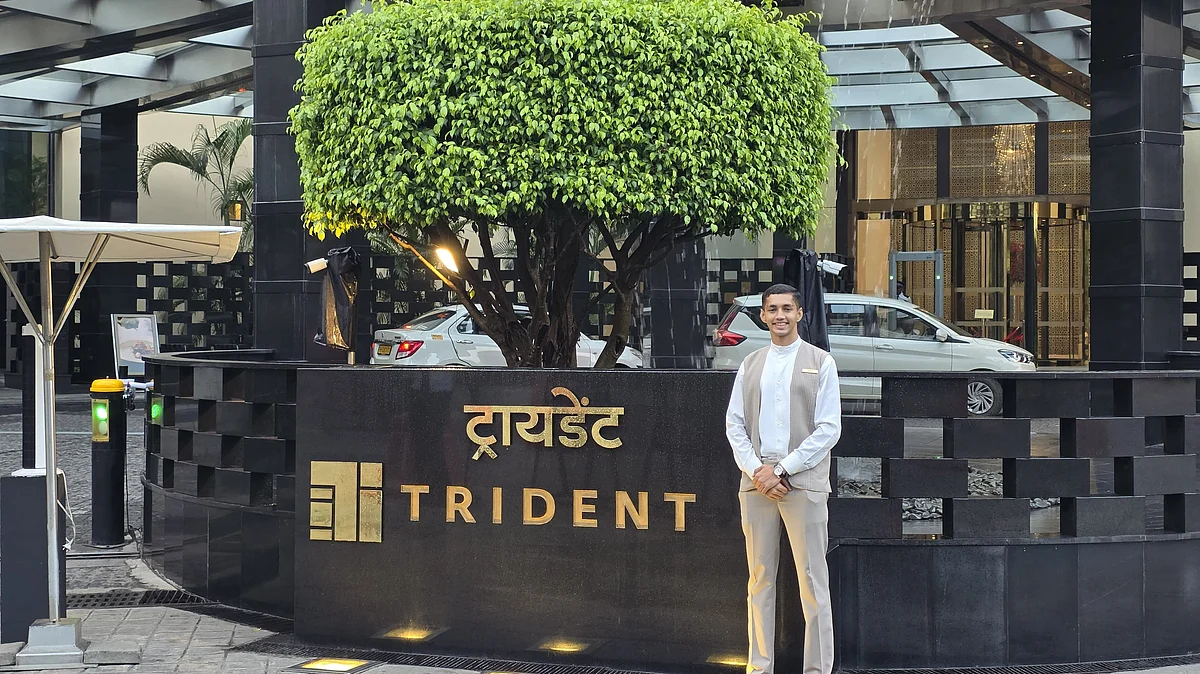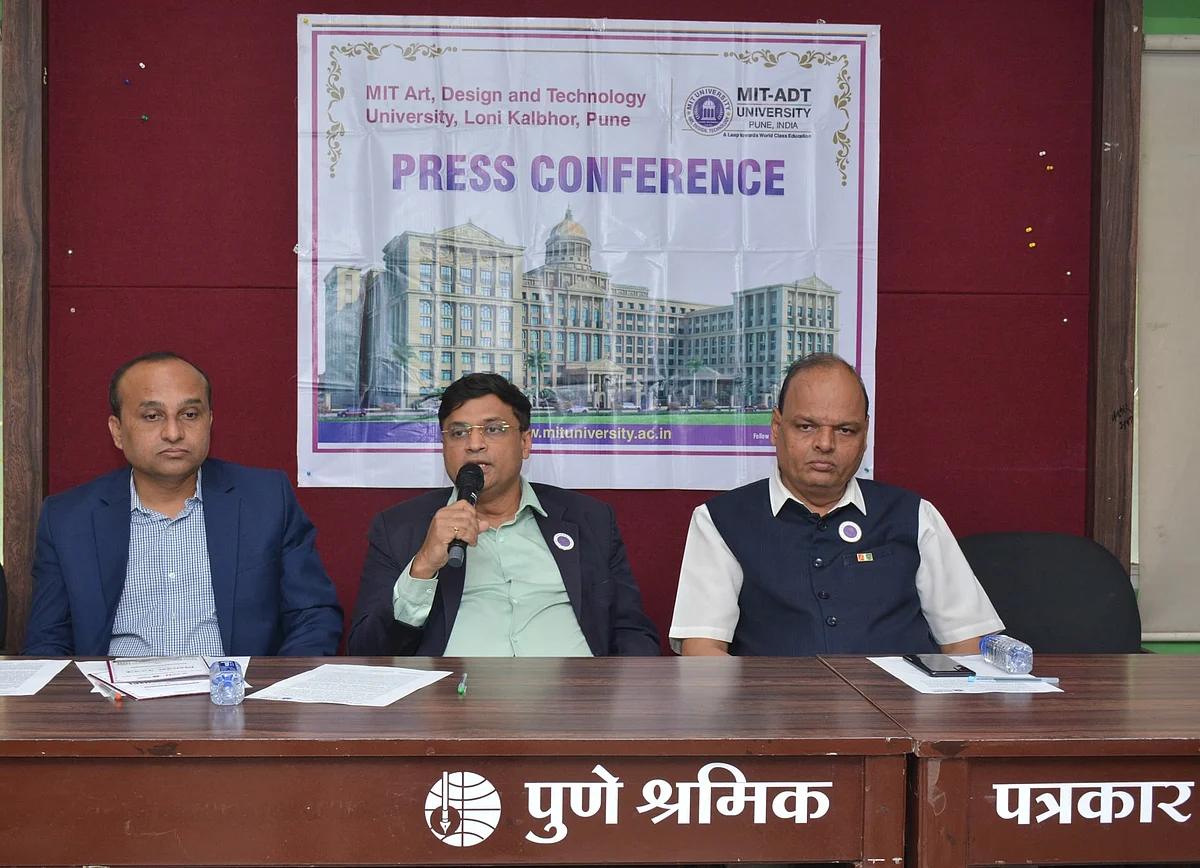Puja Khedkar, the controversial Indian Administrative Service official is in dock for allegedly misusing Other Bsckward Classes (OBC) and Physically
Handicapped (PH) quotas to secure position in one of country's premier government services. What started as an issue over non-permitted use of beacon on her
car has transformed into a full-fledged inquiry into validity of her candidature. It is not helping that a video of her mother Manorama, apparently pointing a pistol
in threatening way, has gone viral on social media. Central government's Department of Personnel and Training (DoPT) has constituted a single-member inquiry
committee to look into Khedkar's case. The committee will submit it report in coming weeks.
But what do the rules say about benefits and restrictions on IAS officers when they are on probation? Read on to know more.
What do the rules say?
Indian Administrative Service (Probation) Rules (1954) govern matters with respect to IAS officers who are on probation.
Candidates selected for IAS complete a two year training at Lal Bahadur Shastri National Academy of Administration (LBSNAA) at Mussoorie during which they are called trainee or probationary officers.
As per Indian Administrative Service (AIS) rules the probationary officer 'shall receive salary in the lowest stage of the junior time scale applicable to the Service during the first year and at the second stage of that scale during the remaining period of probation'.
Currently, this comes to about Rs 33,000-35,000 after deductions and charges at the academy. In addition to this, travek allowance is given to the probationary officers.
Merely becoming a probationary officer does not assure him or her a place in the country's IAS ranks. During the training period, the trainee officer are carefully assessed and they have to appear for an examination on commencement of their training. The rules explicitly say that trainee officers should not consider training period as a mere formality.
Trainee officers are not entitled to use red-blue beacon on their cars, nor they are entitled to have an official car with a VIP number plate, an official chamber, official accommodation, a constable.
A probationary officer may be 'discharged' by the government if it deems them unfit to join the services during the training period. The rules say that government can refuse to absorb a probationary officer if they are found to be 'ineligible for recruitment' or “unsuitable to be a member of" the administrative service. The probationary officer can also be discharged if the academy finds that they have "wilfully" neglected their studies or duties during the training period. A trainee officer may also be let go if they are found lacking in “qualities of mind and character” needed for the service.
But once the trainee successfully completes his or her training and joins the services, their basic salary increases to Rs 56,100.
In addition to basic pay, IAS officers are also paid Dearness Allowance (DA). The government increases this from time-to-time. It can also go up to 103 per cent of the basic pay.
House Rent Allowance (HRA) given to IAS officers changes from city to city. Generally, it is between 8 to 24 per cent of the basic pay.
Other this an IAS officer is given travel allowance, transport allowance, mobile bills, house help benefits in addition to pension and other retirement benefits.
(With inputs from agencies)











